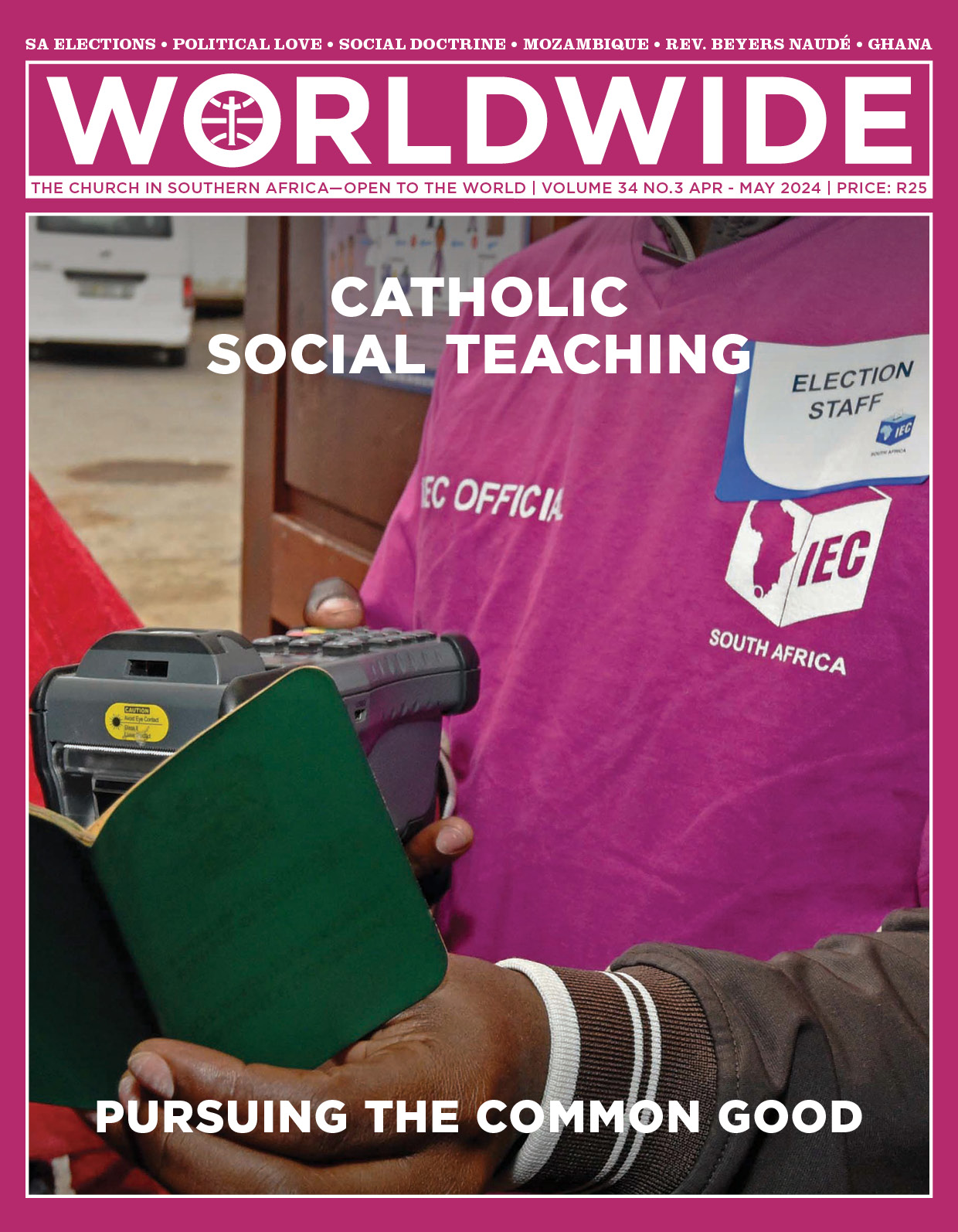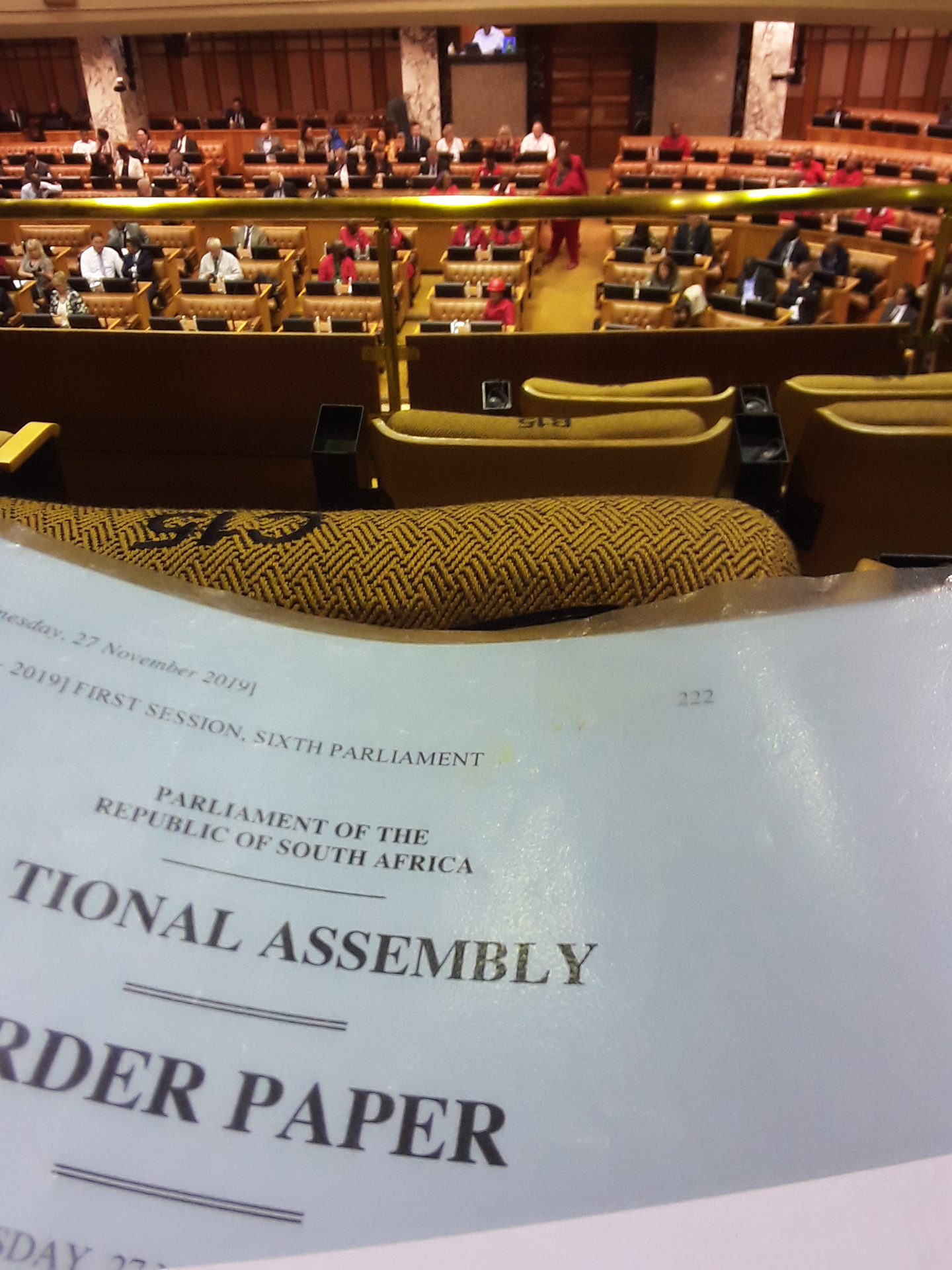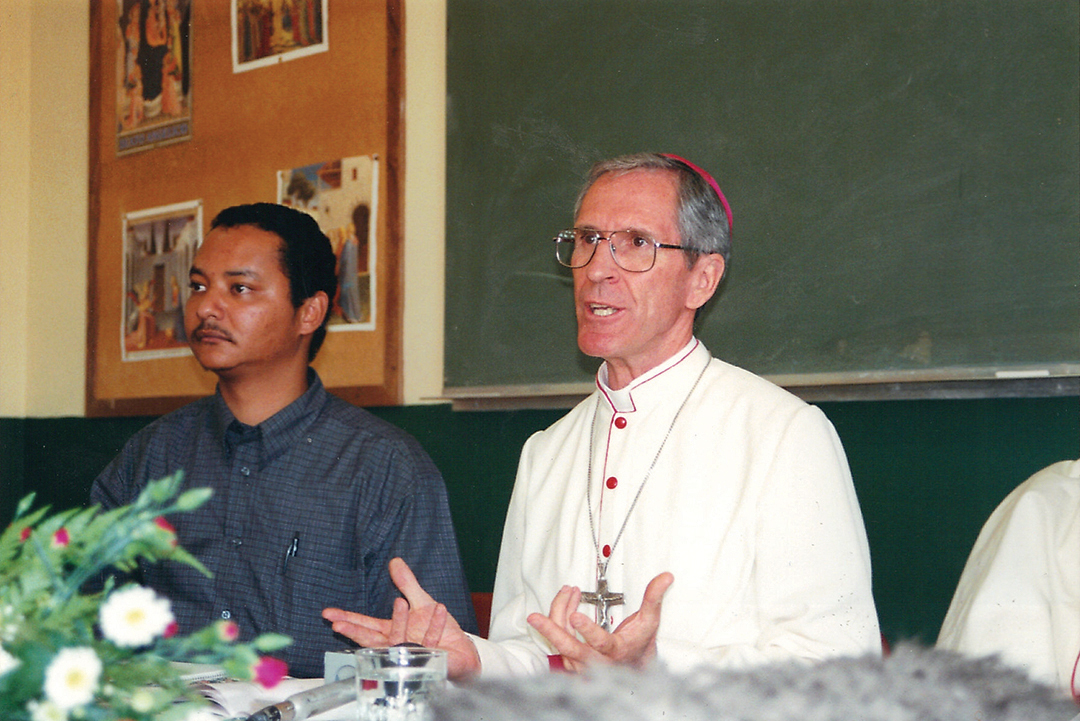
CATHOLIC SOCIAL TEACHING, PURSUING THE COMMON GOOD
It is the honourable responsibility of Christians to contribute by means of active participation to building a society where the common good is fundamental. As Pope Benedict XVI affirmed: “There is a need for authentically Christian politicians but, even more so, for lay faithful who witness to Christ and the Gospel in the civil and political community.” (Address to the 24th Plenary Session of the Pontifical Council for the Laity).
INSIGHTS • SA ELECTIONS

GOODBYE TO THE SIXTH PARLIAMENT
Foreseen novelty in the outcome and, for the first time, contesting of independent candidates on the vote makes these elections both exciting and relevant to the future of the country.
BY MIKE POTHIER | PROGRAMME MANAGER, SACBC PARLIAMENTARY LIAISON OFFICE, CAPE TOWN
BY THE time you read this, the sixth parliament of South Africa’s democratic era will be coming to the end of its term and MPs will be on the election campaign trail.
It is worth reflecting on a simple fact which we often take for granted: our multi-party democracy has now lasted for 30 years, with regular free and fair elections, and with voters enjoying a wide range of options when it comes to choosing who to vote for.
People might say that this is exactly what is to be expected if a country calls itself democratic, but we all know that such a track record is unusual outside the relatively few well-established democracies in the so-called first world. Although democracy in Africa is slowly becoming more entrenched, it is a fragile process, with many setbacks along the way; the spate of military coups in West Africa and the Sahel recently is a case in point.
Here, the chances are high that the outgoing parliament will be the last in which one party holds an outright majority. Most opinion polls suggest that the ANC will drop to below 50% for the first time in a national election. We have an interesting set of new parties to consider, from the free-market Action SA to the populist uMkhonto weSizwe (MK) Party, led by former President Jacob Zuma. Some of these parties are predicted to do well enough to earn a handful of seats in the seventh parliament, while others— the MK Party in particular—have great support in one or two provinces.
This year we also have, for the first time, the innovation of independent candidates running for seats in the national and provincial legislatures. Although it is hard to picture many of them getting enough votes to secure a seat, a few will and they will bring something new to the way parliament works. Not being bound to any ‘party line’, they may be able to play a useful role as mediators and facilitators between some of the bigger parties, encouraging compromise and concessions. This is something that some of the smaller parties have done very well over the years.
Greater competition among the parties, and the end of single-party dominance, will hopefully help to end one of parliament’s greatest weaknesses— the tendency for MPs of the governing party to act as rubber stamps for decisions taken by their party leaders. With some notable exceptions, ANC MPs have seldom carried out their duty to hold ministers properly accountable for the way they run their departments; and in return many ministers have treated parliament with disdain, not appearing before committees when summoned, tabling legislation late, and even declining to answer formal questions.
On the other hand, it must also be acknowledged that some portfolio committees, even though dominated by ANC members, have shown a willingness to change the laws sent to them by ministers for processing, often in response to calls from the opposition or submissions from civil society groups. There has recently been a healthy trend in this regard, one which we may hope will be strengthened in the future.
The Catholic Church has never taught that democracy is the only acceptable form of government (the only place where it acts as a civil government, Vatican City, is a monarchy after all) but in practical terms the Church endorses it: “The Church values the democratic system inasmuch as it ensures the participation of citizens in making political choices, guarantees to the governed the possibility both of electing and holding accountable those who govern them, and of replacing them through peaceful means when appropriate.” (Pope St John- Paul II, Centesimus Annus, 46).
The chances are high that the outgoing parliament will be the last in which one party holds an outright majority.
The forthcoming elections, and our very healthy multi-party system, provide us with precisely what the Church sees as the key value of democracy: the possibility of electing and holding accountable the people who govern us. Let us not waste the opportunity, and let us all pray for peaceful, credible elections, and for a seventh democratic parliament that will build on the achievements of the last 30 years.

